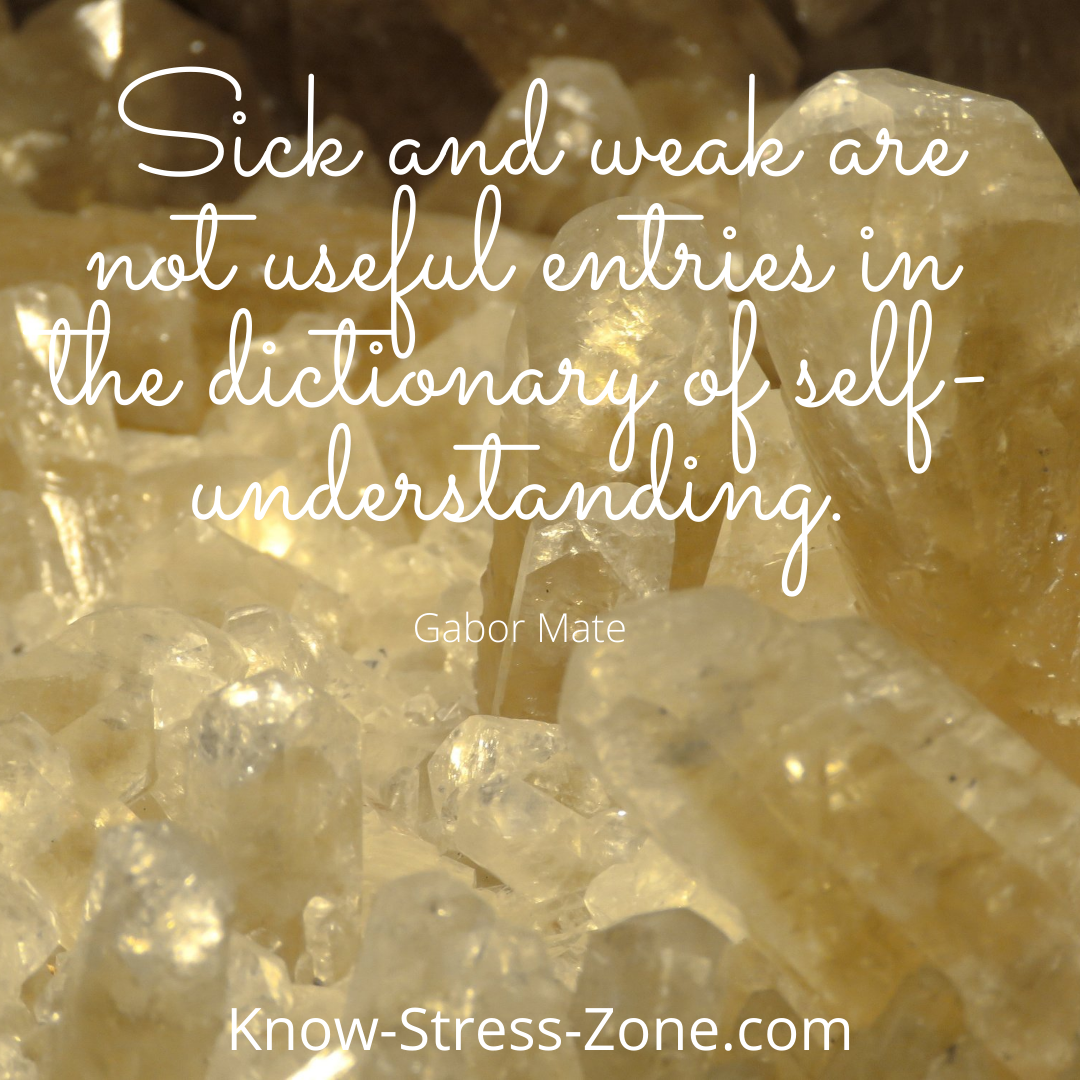Develop Self-Compassion: 3 Key Components
Develop Self-Compassion: Self-compassion is a
challenge for me. No one is meaner to me than me. I learned at an early age
that there were consequences for failure, for not measuring up. Unfortunately,
I’m still trying to rewire myself with this one.
|
I have had days where I was so angry at myself that I resorted to self-harm. Having bipolar disorder was my accomplice. I would burn and punch myself. One day, while taking a lunch break, I beat myself with a tree branch. I had to punish myself for feeling like a failure at work and for having my conditions (add OCD). I felt weak, and I had to pay.
As you can see, I am not the poster child for self-compassion. I am getting better at it. It’s important to realize that this is a process. You will not learn to love yourself overnight, but there is hope. |
I rely on the following words and actions to develop self-compassion:
- First and foremost, I am a human being.
- I focus on the following: When I hate myself, I am hurting my wife – Melissa.
- I keep a picture of myself when I was a baby near me. I tell myself every time I hate or resort to self-harm, I am hating and harming the baby in that photo.
- I tell myself that until I can fully love and accept myself, I will not be able to fully love my wife. It must start with me.
- Feeling good about myself (self-validation) must come from within. It’s okay to identify what others give you – only for the purpose of learning how you can give it to yourself.
- I realize some things I can change, some things I cannot.
- It’s okay to accept myself as I am – but to also strive to improve the parts of me that need improvement.
- Others have failed in life – I am in good company.
- I will never reach my full potential as an earthly human being until I develop self-compassion.
- I will be realistic in my expectations of myself.
- I focus on how well I feel when I am good to myself (encouraging and self-forgiving), and how quickly I recover from a period of feeling down.
- I sought the help of a therapist.
- I meditate and turn to Melissa’s hypnotherapy sessions – they are extremely effective.
These are just a few recommendations to help get you on the path of improved self-compassion. As always, feel free to add to this list. I hope you have found this helpful.
Strive for inner peace. See yourself as a human being doing the best you can in every situation.
Peace be with you. ~Ted
Develop Self-Compassion: 3 Key Components ~parts adapted via VeryWellMind.com
|
As you develop self-compassion, there are several primary components that are essential to its success. These include:
Here's an overview of the primary components of self-compassion. |
Self-kindness
When you practice self-kindness, you recognize that all people are imperfect and that all people have imperfect lives. And you're kind to yourself when things go wrong instead of being critical. For instance, when something goes wrong, your first reaction might be to think, "This should not be happening." Or, you might think, "I shouldn't have this issue come up in my life. Everyone else is living perfectly happy, normal lives."
With negative or unkind thinking, you are likely to experience additional suffering because it makes you feel isolated, alone and different from everyone else. But with self-kindness, instead of thinking, "Poor me," you think "Well, everyone fails once in a while." You acknowledge that everyone has issues and struggles because this is what it means to be human.
When you start to think like that, it changes the way you view life's challenges and difficulties. That opens the door for you to grow from the experience. But if you feel like it's abnormal or that it shouldn't be happening, then you start to engage in self-blame.
Mindfulness
Another component of self-compassion is mindfulness. When you are mindful, you have to be willing to face your pain and suffering and acknowledge it. Most people do not want to do that. In fact, they usually want to avoid it. They want to avoid the pain and go straight to problem-solving. But when life throws you a curveball, it is important that you take the time to be mindful of how those struggles or failures make you feel and why they might have happened. When you're able to do that, you are much more likely to grow and learn from the situation.
Another thing you need to be mindful of is your inner critic. Self-criticism can be very defeating and often plays on repeat in our minds. But mindfulness allows you to be aware of your shortcomings without passing judgment on yourself. The result is that you will recognize where you need improvement without the pressure of being superhuman.
Imperfection
Once you can accept that it's unrealistic to expect perfection, it will feel like a huge weight has been lifted from your shoulders. It also helps you to realize that what you are experiencing is normal and human, and you should not feel bad about it. Recognizing your imperfections can also help you feel more connected to others because you realize that everyone experiences hardships and difficulties. Remember, self-compassion is about being kind to yourself and realizing that humans are imperfect, including you. This also requires acknowledging that it's okay to not be perfect. Your flaws and setbacks should help you understand yourself better, not make you stressed out or feel bad about who you are.
Develop Self-Compassion and More Ways to Live a Purposeful Life

